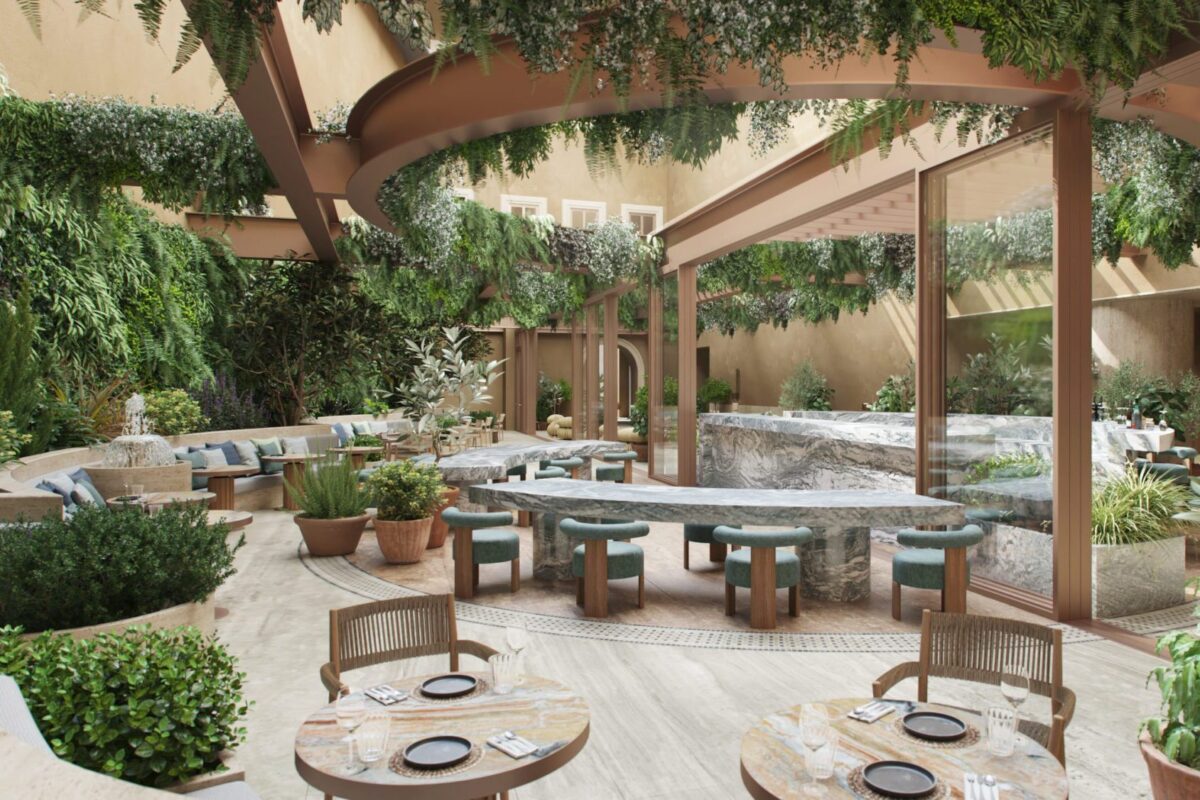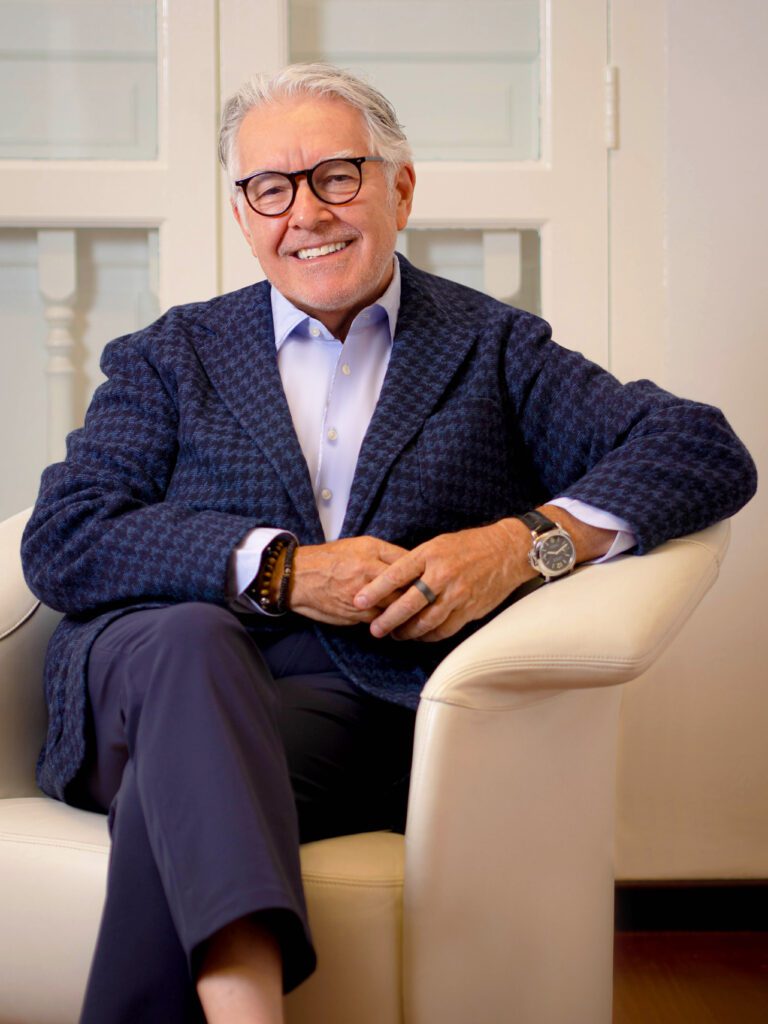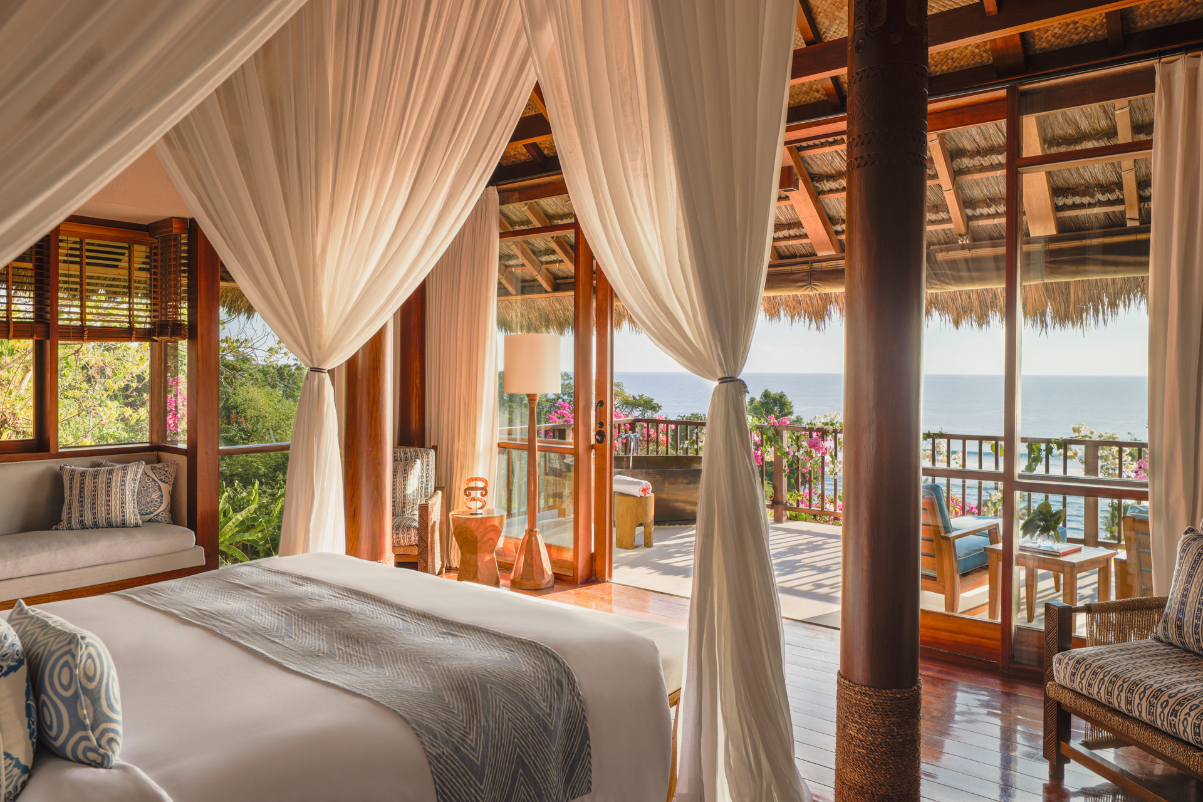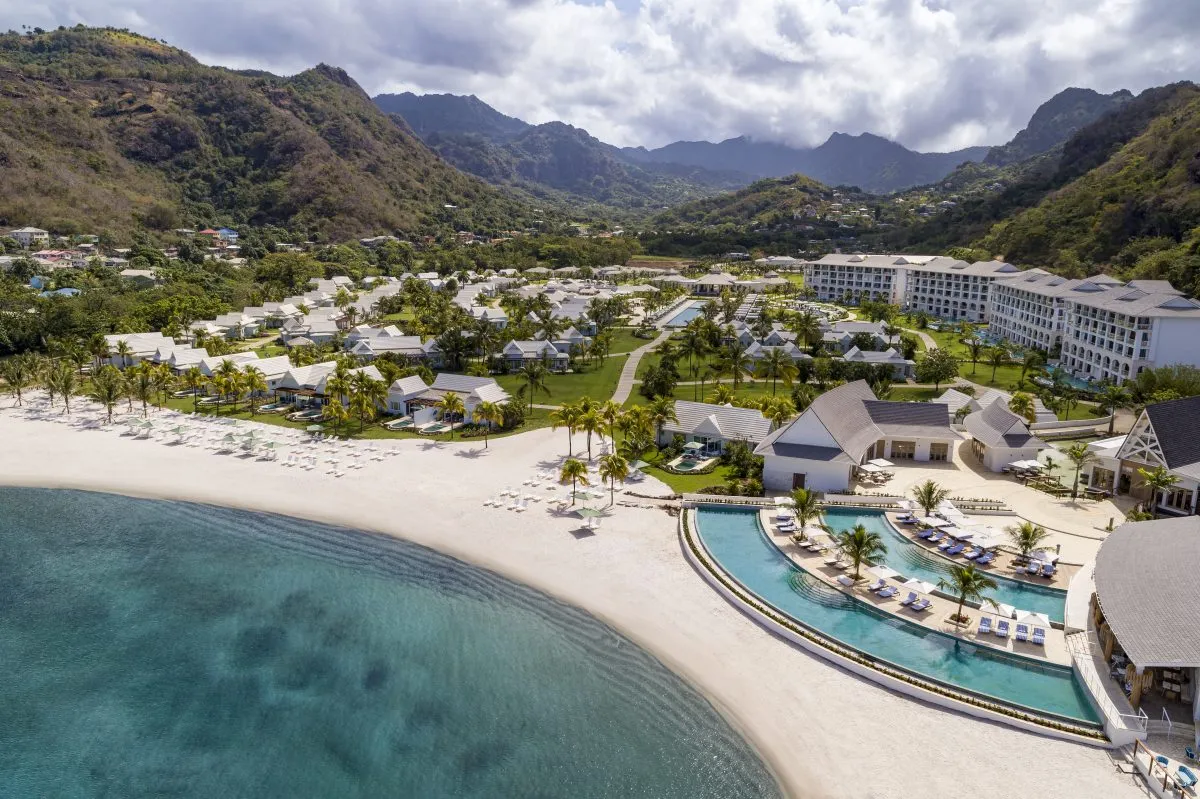IHG's Six Senses Is Adding Luxury Global Membership Clubs

Skift Take
Six Senses, the operator of luxury hotels, resorts, and spas, plans to add a product — clubs — under a new brand, Six Senses Place. Once several are open, the operator would like to create a membership service giving travelers access to the clubs worldwide.
The luxury brand, owned by IHG Hotel & Resorts, aims to open its first club next year in London — likely at The Whiteley Hotel.
Six Senses CEO Neil Jacobs described the club as “kinda cool." It will be somewhat of a cross between a Rotary Club and Soho House.
Minus the traditional trappings of a colonial club — and without stuffy dark wood paneling or velvet furniture — Six Senses Place will offer restaurants, bars, and gyms and have a wellness theme.
Jacobs said his eventual aim is to offer a Six Senses Place global membership that would give a buyer access to its clubs worldwide. The brand also plans to offer two years of club membership free to any buyer of a property in the Six Senses Residences, its branded residential homes.
Six Senses as a Lifestyle Brand
The clubs' goal is to enable guests to continue enjoying the Six Senses ecosystem long after they've left its traditional properties.
"In some ways, the wellness piece is even more relevant in a city," Jacobs said.
Yet the clubs are unlikely to operate as standalone entities but will usually come attached to a Six Senses hotel .
“Guests may choose to stay in a Six Senses hotel because there is a Six Senses Place," Jacobs claimed.
It's not the only brand looking to follow guests home. In the U.S., Canyon Ranch plans to open urban, mid-size, partial-service wellness clubs in Houston (in early 2024) and Fort Worth, Texas (by the end of 2023).
The best-known membership club is Soho House & Co. It has 226,830 members and a long waiting list as of year-end 2022, showing the popularity of clubs.

Retaining Its Core Identity
Jacobs also shared his interest in developing a Six Senses senior living at some point as a way of underscoring the brand's ability to maintain its distinctive identity while being affiliated with a global hospitality chain. IHG acquired Six Senses Hotels Resorts Spas for $300 million from US-based private equity fund manager Pegasus Capital Advisors in 2019.
Although many people worried IHG might ruin Six Senses' momentum because it is a giant corporation without much experience in luxury resorts, the CEO said the conversations had been aligned from the word "go."
“IHG has been very respectful of how we function and seems to really care about what we were doing,” Jacobs said, adding, “There was also somewhat of a halo effect of owning us that impacted the rest of the IHG brand and their aspirations in the world of luxury.”
IHG has let Six Senses retain its core entity and maintain some consistency in its messaging and branding because the brand is the only one in the IHG ecosystem that does not report to a regional head, Jacobs said.
“Integration has happened in areas like the power of IHG’s distribution, its financial systems, or the robustness of its information technology division,” Jacobs said. "Aspects related to operations and how Six Senses markets and sells have been left untouched."
A Rewarding Experience
Jacobs is pleased with some integration aspects, such as being part of the IHG loyalty program — rebranded last year as IHG One Rewards.
Initially skeptical, he found the biggest surprise was the amount of fully-paid business that has since come to Six Senses through the IHG loyalty program, attracting a certain type of low-key customer that the brand caters to.
Around 70-75 percent of the business coming through IHG Rewards is fully-paid business and not redemption of points, Jacobs said.
Some legacy owners, Jacobs said, had no obligation to go into the program. So a few Six Senses hotels are still not part of the program.
Creating a Global Footprint
Jacobs’ goal for the brand has been to take it out of Asia and create a global footprint, while focusing on sustainability and creating a wellness platform.
Keen to not be in the "business of business hotels," Jacobs said he had wanted to develop urban hotels with a lot of leisure business going to them.
Since Pegasus acquired Six Senses from hotelier Sonu Shivdasani in 2012, the brand has grown from 11 hotels to 23 hotels. It's on track to have another 20-25 hotels under development, with plans to open 50 hotels in the next 3-4 years.
Lest anyone dismiss this as a pipe dream, Jacobs said, “These are all being built.”
Having already opened a property in the Swiss Alps and in Rome this year, the brand will also be making its foray into the Caribbean with a property in Grenada scheduled to open by year-end.
A Six Senses at Galapagos is under construction — making Six Senses the only brand that's received approval to go into the sensitive ecosystem of the Galapagos Islands. The United Nations Educational, Scientific, and Cultural Organization (UNESCO) recognized the Galapagos Islands area in the Pacific Ocean as a World Heritage Site in 1978 and a Biosphere Reserve in 1985. So development is only permitted on three percent of the total area.
And then Six Senses announced a project at Victoria Falls right on the Zambezi River in southern Africa.
With aspirations to be present in Iceland, Alaska, South America, and other parts of Africa, Jacobs notes that it has to be one at a time.
“The minute you start saying I need 100 or 200 hotels, that's not healthy," Jacobs said. "We turn down more hotels than we take on for that very reason. You only need a couple that are not so good for it to impact everything.”
Jacobs trusts his sixth sense and the brand's successful track record on this one.
Skift’s in-depth reporting on climate issues is made possible through the financial support of Intrepid Travel. This backing allows Skift to bring you high-quality journalism on one of the most important topics facing our planet today. Intrepid is not involved in any decisions made by Skift’s editorial team.





